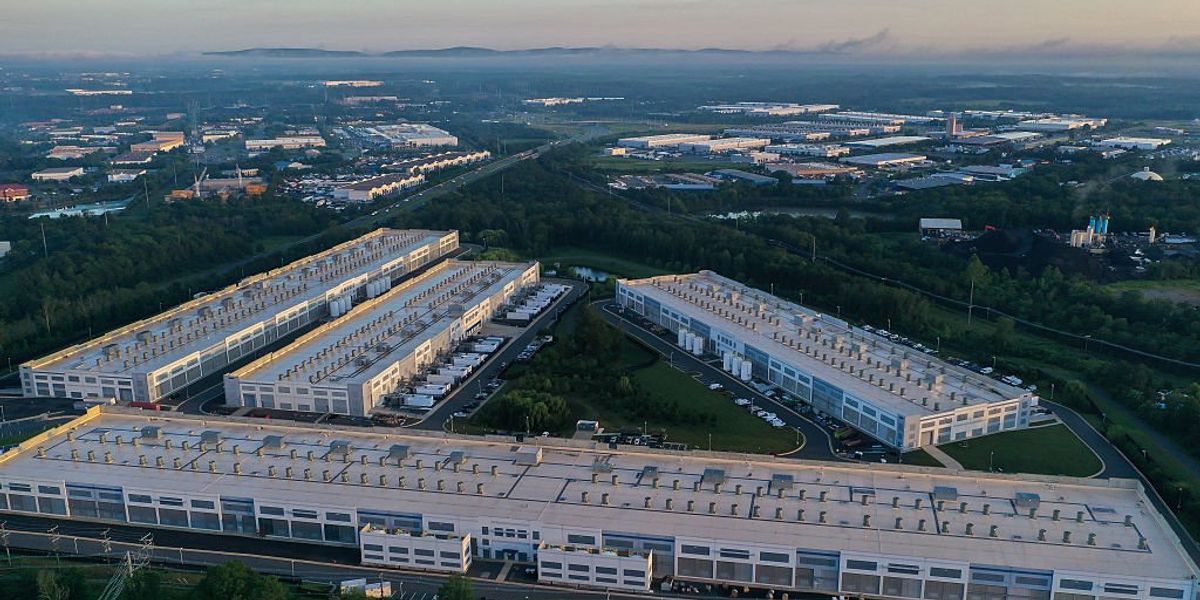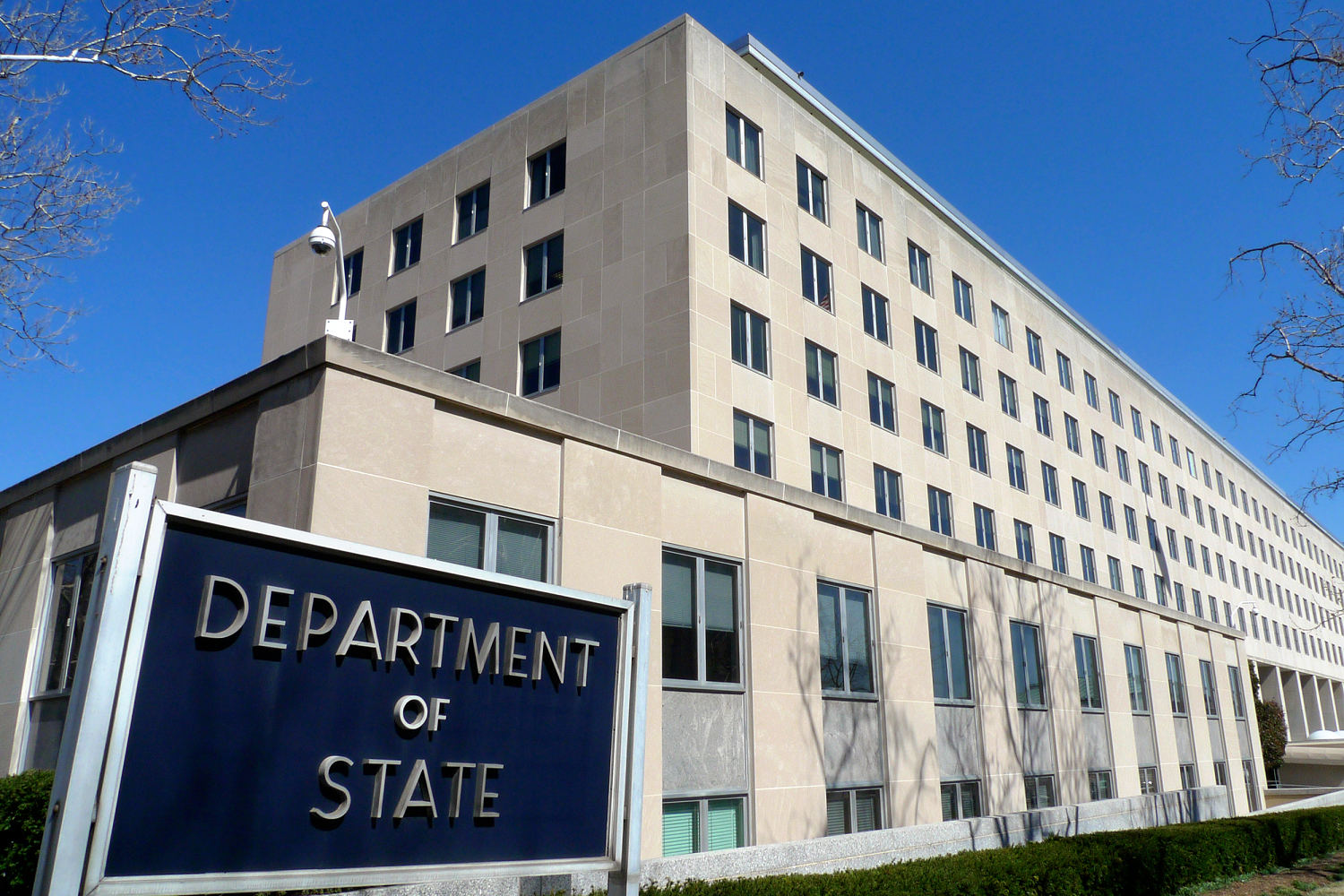

How much of America’s rural landscape, power, water, quality of life, and heritage will be wiped out by one industry — AI data centers? Big Tech firms won’t say. Evidently, it’s as much as we’re willing to tolerate.
David Sacks and his Silicon Valley allies know the stakes. They tried to slip a provision into the One Big Beautiful Bill Act to block all zoning and regulation of AI facilities. Why? Because the only way to cover the country with thousands of hyperscale data centers is to turn rural America into one giant industrial park — with no transparent public plan, no limits on power or water use, and no end in sight.
Zoning remains one of the few tools citizens can use to say no — not just to data centers, but to the entire agenda of unaccountable technocracy.
Before Mark Zuckerberg’s Manhattan-sized complexes even break ground, the United States is already on track for these facilities to consume more energy annually than Poland — a nation of 36.6 million people — used in 2023. That’s not a tech “footprint.” That’s a tech crater.
But a counterrevolution is building.
Loudoun County: The canary in the coal mine
If you want to see America’s future under digital colonization, look at Loudoun County, Virginia. The growth of hyperscale data centers there is so unnatural that some neighborhoods now want to rezone themselves as industrial just to escape.
Patricia Cave says life in her Arcola neighborhood has become impossible, as she and her neighbors have become essentially barricaded by server farms.
“Living on Hiddenwood Lane is no longer an option,” Cave told the Loudoun County Board of Supervisors last year. “We can’t be victims again to political winds that are bigger than us — and we can’t be a human buffer.” The only way she and her neighbors can sell their homes — at pennies on the dollar — is to convert them to industrial property.
Just 10 years ago, Cave’s neighborhood was ringed by rural farmland. Now, with 200 data centers covering roughly 49 million square feet in what’s known as Data Center Alley, you can’t escape their reach. About one-third of Loudoun County’s data centers now sit near residential areas.
Frederick County: Drawing a line
In Frederick County, Maryland, officials saw the writing on the wall and set a hard limit: No more than 1% of the county’s landmass can be used for data centers. It’s a rare example of local government acting to protect the character, environment, and livability of their communities before the tech giants could hollow them out.
Monroe County: Fighting for their ground
In Monroe County, Georgia, residents fought off a proposed rezoning that would have put a massive data center next to homes and farms. The company behind it claimed it would bring jobs. Locals pointed out the reality: a handful of maintenance workers, huge power demands — 1.1 gigawatts, more than the daily usage of a million households — and a future of noise and light pollution.
Residents won — for now.
The pattern is clear
Local victories are more the exception than the rule. The reality is that Big Tech companies are expanding across America with little or no resistance.
Tech companies claim these facilities are the backbone of the future. In reality, they’re engines of resource consumption — each one sucking up hundreds of millions of gallons of water and enough electricity to power the equivalent of large cities in counties with populations in the low five figures.
RELATED: Is this how we beat China? Trump’s AI dream guts small-town USA
 Photo by blackdovfx via Getty Images
Photo by blackdovfx via Getty Images
Meta, for example, wants to drop a 1.2-gigawatt behemoth in tiny Cheyenne, Wyoming — enough juice for 1 million homes. In drought-stricken Texas, Microsoft, OpenAI, and others are pushing the Stargate project, a cluster of hyperscale data centers around Abilene that would guzzle the power of millions of homes and drain staggering amounts of water. Smaller facilities in Texas have already consumed 463 million gallons in 2023 and 2024.
The profits leave town. The costs — environmental, economic, and social — stay behind.
But the real danger is Washington overriding local efforts to preserve local residents' way of life. If Congress strips away zoning authority in the name of “progress,” the only “progress” will be toward an industrialized, unlivable countryside.
Why zoning matters
Public zoning meetings are the last places where ordinary citizens can stop these projects. Federalizing control would silence local voices. In court, zoning remains one of the few tools citizens can use to say no — not just to data centers, but to the entire agenda of unaccountable technocracy.
For once, the stakes are obvious: if we lose local control, we lose the fight. Loudoun County shows what surrender looks like. Frederick County and Monroe County show what resistance can achieve.
It’s time to choose.
.png)
 4 hours ago
4
4 hours ago
4













 English (US)
English (US)